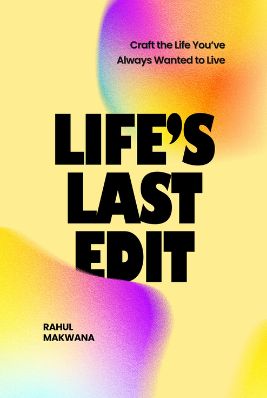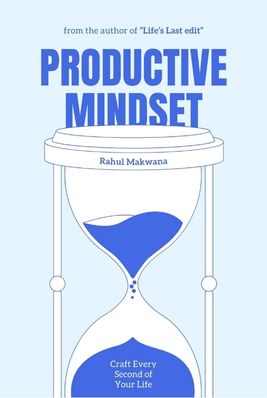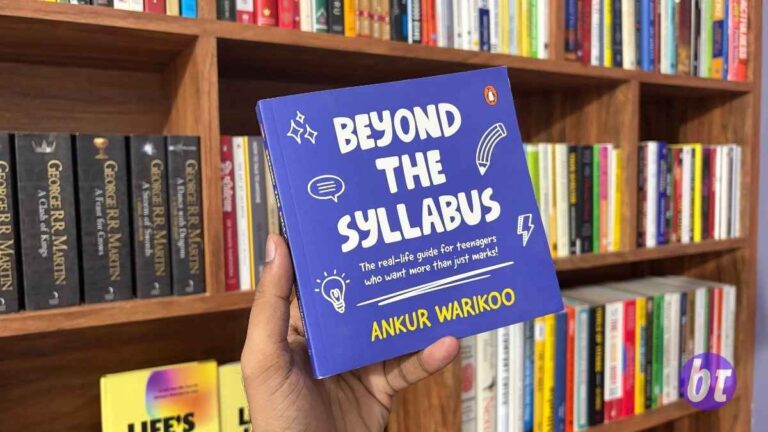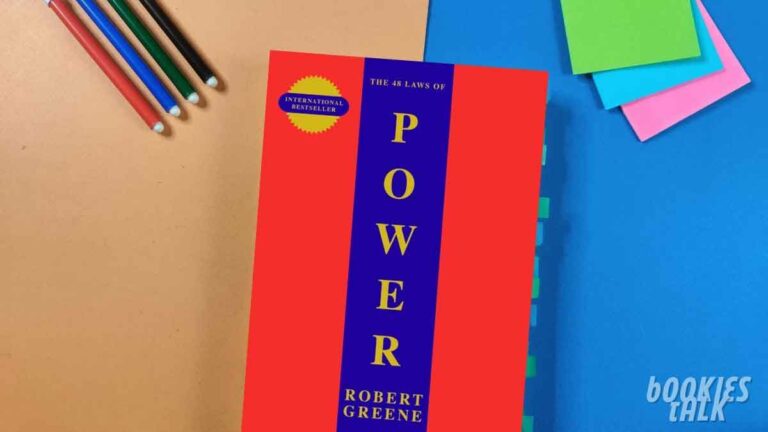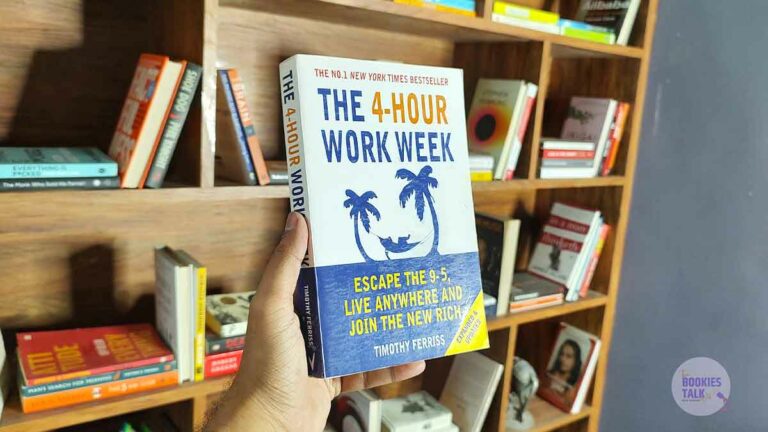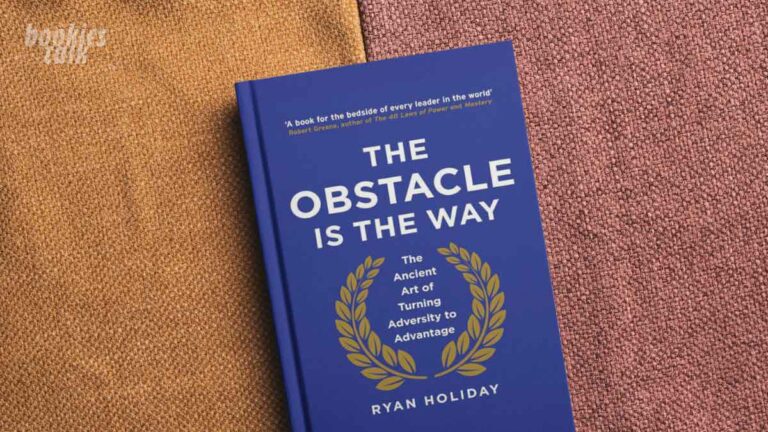Thinking Fast And Slow Summary – Mystery of mind
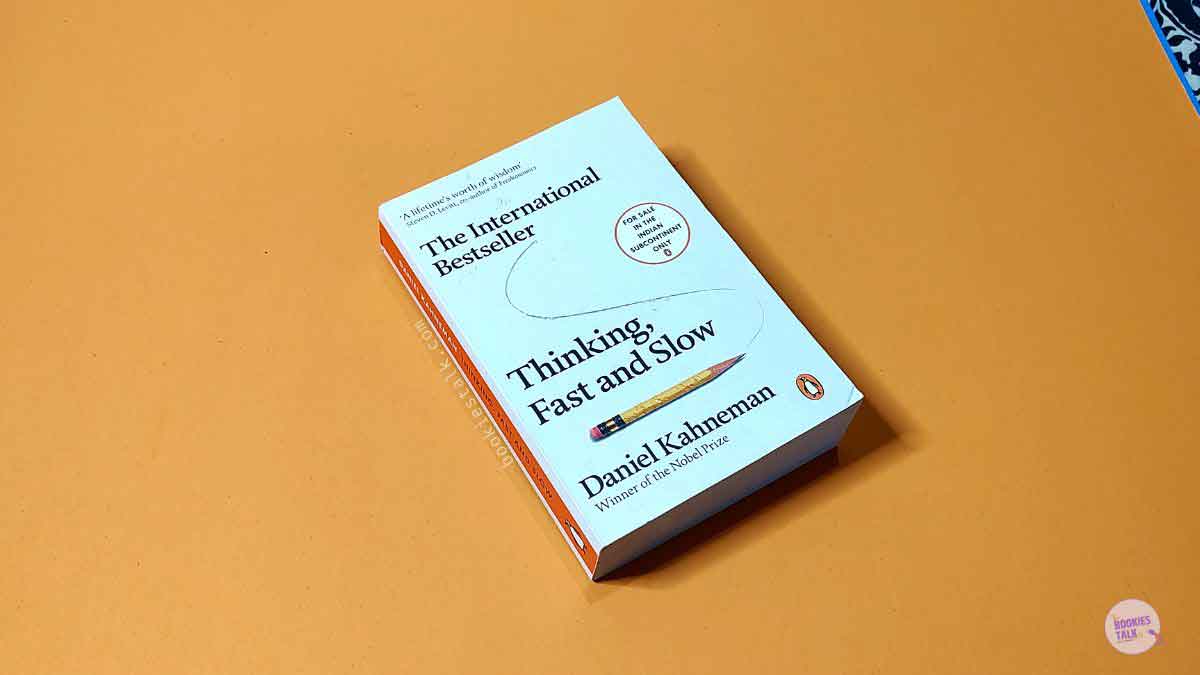
Thinking Fast And Slow is all about the human brain, it talks about how big companies all around the world are controlling our brains by just using our feeling, Daniel Kahneman teaches you how you can control your thoughts and make better decisions.
Powerful Quotes from Thinking Fast And Slow
“Nothing in life is as important as you think it is, while you are thinking about it”
“The easiest way to increase happiness is to control your use of time. Can you find more time to do the things you enjoy doing?”
“You can do several things at once, but only if they are easy and undemanding.”
Enter your email address To join the newsletter. I will be with you every Sunday at 9:00 AM (IST). See you on Sundays.
5 Big Ideas from Thinking Fast And Slow
- We mostly use our gut feeling to make the most of the decisions but sometime, it’s better to take time and then make a decision.
- Nothing in this world is Free, so if you’re using Facebook for free then keep in mind, they’re taking your data and for Facebook, Data is the MONEY.
- If there are two popular books; Atomic Habits and Power of Habits but everyone is talking about Atomic Habits then your mind will lean towards Atomic Habits because you have heard and seen the book more times than the power of habits.
- If Apple launches a new product that doesn’t mean, it will be good. So get out of that state of mind that, if a well-known company launches something, it will be good.
- Never choose something because of the information you have, do your research, and then come to the conclusion.
Thinking Fast And Slow Summary
Two States of Brain
Daniel Kahneman talks about two states of brian; conscious and automatic.
The automatic Brain is very simple, it does what it feels like doing. For example, if you want to drink coffee then you won’t think much about it, you will somehow drink coffee because it’s a very simple thing to do.
Whereas,
If you want to start a business then your brain won’t push you to start a business right away, it will think for while and then come to the conclusion.
Let’s take a simple example, if I ask you to calculate 2+2 then you will say the answer is 4 but if I ask you to calculate 259+659 then you will take a few minutes and find a calculator to do the math.
In simple words, the automatic brain will find it hard to do a complex task, it will do those task that is easy whereas the conscious brain will come into action when it sees the complex tasks.
Biased Decisions
We have tons of books written on Habits but there is only one widely discussed book which is Atomic Habits, so the simple thing to do is to buy Atomic Habits instant of anything else.
We even had the Power Habits which also talks about the same things as Atomic Habits but the fact is, Atomic Habits is more popular, so people will buy Atomic Habits.
This is called Biased Decisions,
You will take Decisions based on the information you have, so sometime, it’s better to question yourself and go a bit deeper into the information you have because that’s the right thing to do.
By the way, Atomic Habits by James Clear is a better book.
Halo effect
Let’s say, Apple Launched the highly anticipated AR handset and you will be like, it will be good because it’s launched by Apple.
Whereas, we already have tons of AR handsets available from various companies including Meta.
This is the Halo effect, you will buy curtain products from curtain companies because they’re well-known whether it’s Apple, Tesla, or even Google.
So be aware of the Halo effect and don’t get trapped in.
Anchoring Effect
A website you’re visiting every day asks you for Rs 400 ($5) donation but you will be like, let me donate Rs 800 ($10). At the same time, another website asks you for Rs 2000 ($25) donation but you will be like, let me just donate the Rs 2,800 ($35).
Now, this is called the Anchoring Effect. You will see the information and then you will react to it.
You won’t give an Rs 8,200 ($100) donation to the person who asked for only a Rs 400 ($5) donation because your brain will do all the collection and come to the conclusion around the same number.
In the same way, negotiation works, if the shopkeeper tells you that this is a Rs 400 ($5) mug then you won’t negotiate to Rs 80 ($1) because you know that the shopkeeper won’t agree with that price. So you will say, I will give you Rs 240 ($3) because you feel that, the shopkeeper might agree with that price.
Here, Daniel Kahneman has given lots of examples which will find in the book, nonetheless, I have mentioned the core idea from the chapter.
Thinking Fast And Slow Review
Thinking Fast And Slow is one of the best books written on human psychology and every human should read this book. The author will teach you a lot about how your thoughts work and how you can make good use of the information you have, it’s a must-read.
Buy Thinking Fast And Slow
Love What You Read, You Might Like These too…
By the way, we also have a WhatsApp Channel! If you love reading, this is the perfect place for you to join—and the best part? It’s completely FREE!

